
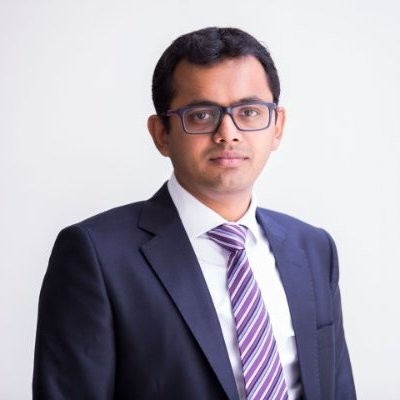
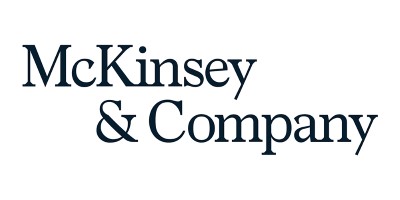
~13 years of experience leading sustainability and growth transformations for large packaging & paper companies. Select projects include
Commercial transformation for a large foodservice packaging company aiming to pivot towards a more sustainable product mix focusing on strategy, key account management, pricing, organization re-design and capability building
Pricing transformation (digital enabled) for a large paper and packaging manufacturer
Organization re-design (commercial focused) for a large corrugated packaging manufacturer
Commercial diagnostic for a flexibles and rigid plastics packaging company
Sustainability strategy development for specialty chemicals manufacturer (key supplier to packaging companies)
Growth strategy for a foodservice packaging manufacturer.
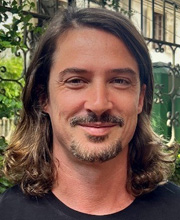
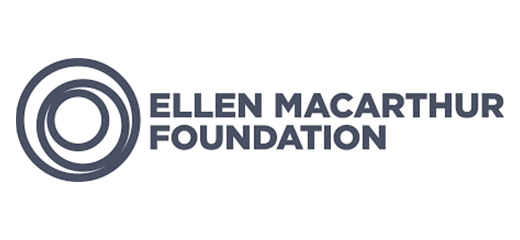
Guilherme Suertegaray joined the Ellen MacArthur Foundation in 2022. He is Responsible for the Foundation’s relationship with natively Latin American large corporations with the aim to increase the offer of circular economy products and
services in the region. Before joining the Foundation, he built a solid career in strategic consulting and organizational transformation for various topics, such as automation, innovation, cybersecurity, and more recently, sustainability. He holds a master's
degree in business administration (PUC-RJ) and a degree in social and legal sciences (UFSM).


Bio to come!


Leading Corporate sustainablity at Electrolux in Latin America, João Zeni is a experienced Sustainability professional with 20+ years managing sustainability strategies in different multinational companies, such as Cielo, Telefônica and HSBC. With a background from institutions as PUCPR, Oxford, Cambridge and LCA and circular economy courses at Exeter univerity and Swedish Lifecycle center, João also recently had roles as Board member at Swecham and ABREE (WEEE Reverse Logistics Brazilian Association).

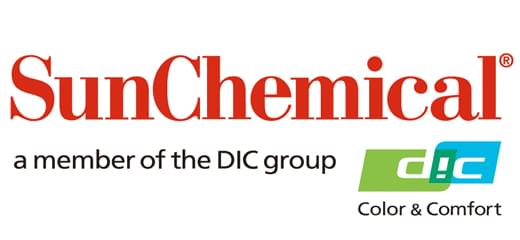
Bio to come!
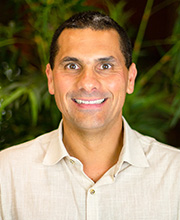

Graduated in social communication, specialist in graphic expression and business management;
master’s in design; PhD in production engineering and post-doctorate in sustainable design, researcher,
consultant and professor. Has 28 years of experience in the packaging market. Ad hoc
consultant for the state of RS in southern Brazil.


Graduated in Social Communication from FAAP – Armando Alvares Penteado Foundation (São Paulo), with a postgraduate degree in Strategic Packaging Management from ESPM – School of Advertising and Marketing (São Paulo) and an MBA in Business Management, Innovation, and Entrepreneurship from FIA – Foundation Institute of Management (USP/SP). Over 20 years of professional experience in the areas of communication, marketing, and events, currently leading the Sustainability and Special Projects area at ABRE – Brazilian Packaging Association.


Nate works in tandem with the Product Safety and Sustainability team in Finland to provide a range of services to the Americas market and functions as Metsä Board’s sustainability expert in the region. Based in the Norwalk, CT office, he is responsible for educating customers on the sustainability-related attributes of Metsä Board products and operations, which involves providing environmental impact data, regulatory/compliance information, and other relevant internal or industry resources. He also helps customers interpret sustainability information so they can effectively reduce the environmental impact of their packaging. Nate holds a BS in Chemistry, an MS in Environmental Science and Policy, and an MBA with a concentration in Sustainability and Social Change.

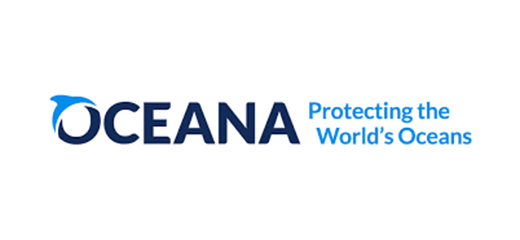
Bio to come!


After studying law in France and Germany, Emmanuelle Bautista began her professional career as a parliamentary assistant in the German Parliament (Bundestag). Recruited by the General Treasury Directorate of the French Ministry for Economy and Finance in 2007, she holds three posts abroad. Firstly, in the economic department of the French Embassy in Berlin from 2007 to 2015, then as legal Counsellor to the Permanent French Mission to the WTO from 2015 to 2018. She was from September 2018 to August 2022 Counsellor for services and investment in the trade policy department of the French Permanent Representation to the EU. She was the chair of the Trade Policy Committee for services and the vice chair of the Trade Policy Committee for investment during the French Presidency of the Council of the European Union during the first semester 2022. She was from September 2022 to June 2023 Deputy Head of Unit Development Assistance in the Treasury Directorate in the French Ministry of Economy.
She is since July 2023 the Head of European and international affairs of Citeo, the French PRO for household packaging and graphic papers.
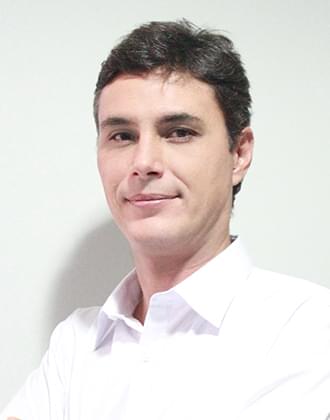

Mechanical Engeneering, working on packaging since 1999. At Boticário Group since 2018.


Paulo Carmo Packaging Business Manager for Brasil. 25+ years of experience in several technical-commercial positions at Husky South America, Paulo holds a degree in mechanical engineering and business by leading institutions such as FGV, FDC and Kellogg. Active member of Abipet and Society of Plastics Engineers, also has previous experience in global companies in materials and structural testing & simulation, as well as in the consumables industry for plastics processing.
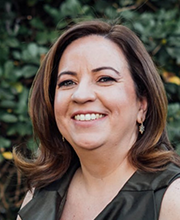

Juliana Seidel is a chemical engineer with a degree from Unicamp, a master's degree in Environmental Technology from IPT-SP, and a PhD in Environment and Society from Unicamp. She has always worked in Sustainability, focusing on the interface between the environment and society, at companies such as Tetra Pak and Aché Laboratórios Farmacêuticos. Since 2019, she has been at Amcor Flexibles, where she leads the Sustainability efforts for Latin America.


Bio coming soon!
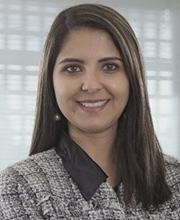

Karina is a marketing executive passionate about customer success in the packaging and adhesives industries, leading the Global Rigid Packaging Product Management and Marketing at H.B. Fuller. With over 15 years of strategic leadership and international business experience, she brings a dynamic and deep understanding of rigid packaging solutions (paper and plastic) to empower customers to optimize their packaging strategies, ignite innovation and push the boundaries of what's possible.


Bio to come!

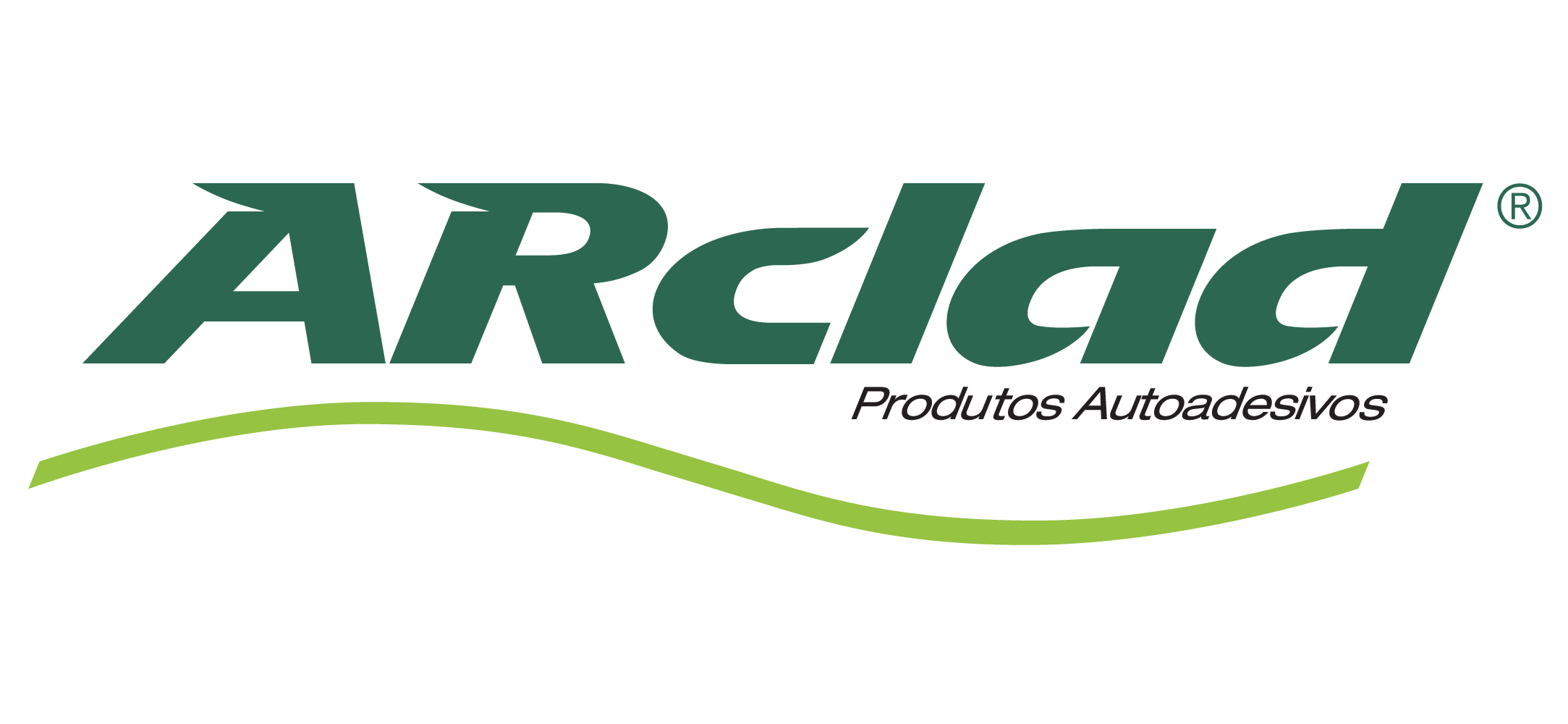
Carolina Jaramillo has a strong background in strategic marketing and regional market development. Holding a degree in International Business from EAFIT University and an MSc in International Marketing from École Supérieure de Commerce de Rennes, she has specialized in b2b marketing.
With 10 years of experience in the self-adhesive materials industry, Carolina has led market research and market expansion strategies, portfolio design, product launch, branding and positioning strategies and digital marketing initiatives. She is currently the Marketing Director at ARclad Self-Adhesive Products.


Cecilia Mazza is Sustainability Manager for the LATAM region at Avery Dennison. Cecilia plays a crucial role in our company by leading the development of regional sustainability strategies, ensuring they are always aligned with our corporate objectives. Cecilia has a solid academic background, including a postgraduate degree in Strategic Management for Sustainable Development from the UADE and a bachelor's degree in Administration from the UBA. Her focus and vast experience in sustainability make her an outstanding leader in her field and an industry benchmark.